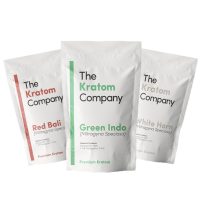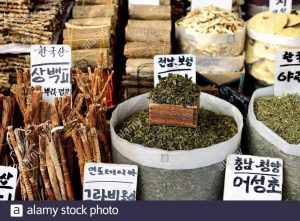Home » Is Kratom Legal in Utah?
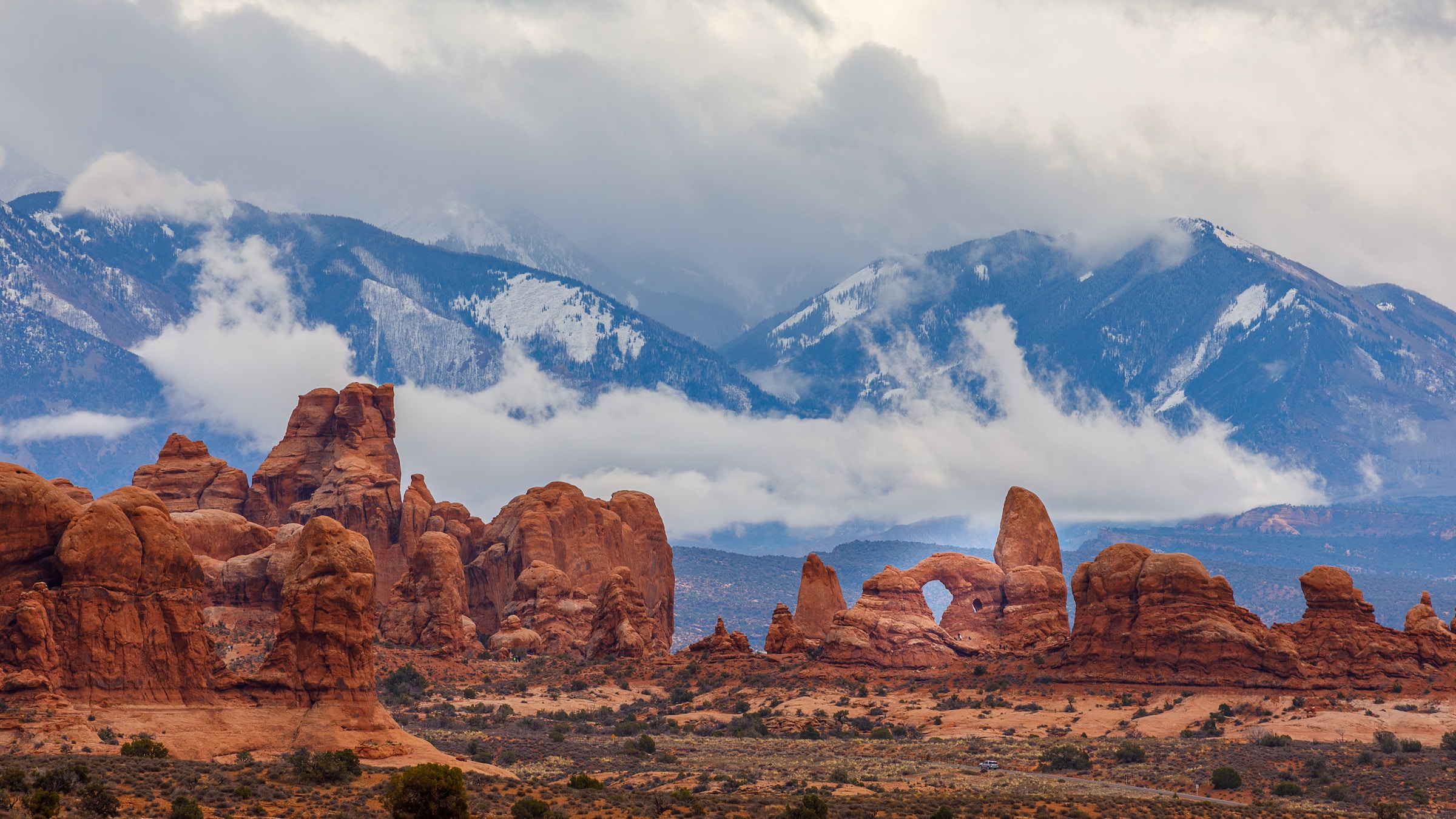
Is Kratom Legal in Utah?
- Anthony Dent, Founding Member
- No Comments
From the breathtaking sandstone buttes of Monument Valley to the serene snow-capped landscapes of Park City, Utah is one of the most unique and beautiful states to visit or call home. And if you’re a kratom lover, you’ll be happy to know that Utah offers some of the most progressive kratom laws in the nation. So is kratom legal in Utah? And what protections exist for those who enjoy kratom in the Beehive State? Before you buy kratom in Utah, we’ve created this simple guide to keep you informed.
Is Kratom Legal in Utah?
Yes. As of this writing, kratom is legal in Utah. All legislative efforts to ban kratom in the past have been unsuccessful. For example, in 2017, Utah amended its Controlled Substances Act to include substances not previously scheduled. One draft of the bill sought to add kratom to the list of controlled substances. However, kratom was removed from the bill before it passed.
As a result, kratom remains legal throughout the state of Utah. Whether you’re in Salt Lake City, Ogden, Saint George, Cedar City, Lehi, or anywhere in between, you can purchase and enjoy kratom without consequence—as long as you’re at least 18 years of age.
Utah is unique among kratom-friendly states, not because kratom is legal, but because Utah legislators have taken steps to regulate kratom in ways the federal government has not.
The Utah Kratom Consumer Protection Act
Utah was the first state to pass the Kratom Consumer Protection Act (KCPA), a regulatory framework developed with the goal of making safe kratom accessible to all. The Utah KCPA was passed in 2019, and it has since become a model for other states like Arizona, Nevada, and Georgia.
The KCPA was created by the American Kratom Association (AKA) as a way of combating the dangers of unregulated kratom in the marketplace. Because the federal government hasn’t taken any steps to impose kratom regulations, there’s nothing stopping unscrupulous vendors from selling untested, contaminated, synthetic, adulterated, and even fake kratom products. These products present a significant danger to the public, but the Kratom Consumer Protection Act seeks to eliminate such poor-quality products from the market.
As a consumer-focused advocacy organization, the AKA works with legislators across the nation in the hopes of getting the KCPA passed in every state. Although only a handful of states have signed on so far, the movement has a lot of momentum. Utah is noted for being the first state to pass the KCPA, establishing a model for other states concerned about the lack of kratom regulation.
What’s Included in the Utah Kratom Consumer Protection Act?
One thing that’s unique about the KCPA is that it varies from one state to the next. States that enact the measures will usually borrow some or all of the key provisions drafted by the AKA and weave them into their own House and Senate bills. As a result, each state’s KCPA looks a bit different.
In Utah, the KCPA includes the following provisions:
- Kratom products must be tested for purity and alkaloid content by a third-party testing laboratory before they’re sold.
- Kratom products must be sold in child-resistant packaging.
- Kratom products must not contain any types of adulterants—which includes contaminants like mold and fungi.
- Kratom products must be clearly labeled with the alkaloid concentration, the lab result information, and the name and address of the manufacturer.
- Kratom may not be sold to individuals under 18 years of age.
- Kratom may not be manufactured with any synthetic alkaloids (specifically synthetic mitragynine or synthetic 7-hydroxymitragynine).
- Kratom products must adhere to all state and federal food safety guidelines.
- Kratom manufacturers must register with the Utah Department of Agriculture.
And even though kratom is legal in Utah, certain kratom product types are prohibited. These include vape products, products that mimic popular candies, and any product intended to be added to foods. Conventional products like kratom powders, kratom capsules and kratom extracts are all permitted.
Why the KCPA Is So Important
Kratom remains unregulated at the federal level. This means that there’s little oversight—and little recourse—for shady manufacturers who make false promises or sell dangerous or poor-quality kratom.
This has been an especially pressing problem with gas station kratom (products sold over the counter in convenience stores and other small businesses). It’s traditionally the consumer’s responsibility to research brands, seek out consumer reviews, and ensure that they’re buying a quality product.
So while it’s good news that kratom is legal in Utah, it’s even better news that Utah holds manufacturers and distributors accountable for the products they sell. And while the Utah KCPA doesn’t go as far as some other states’ regulations (for instance, it doesn’t impose limits on alkaloid concentrations), it does make some very important assurances. When you buy kratom in Utah from a registered online or brick-and-mortar business, you can be sure that your product is:
- Created from all-natural kratom and without the use of synthetic alkaloids
- Lab-tested to ensure that there are no contaminants or adulterants
- Accurately and transparently labeled
Always read your labels carefully, compare brands, and be a discerning shopper—whether you’re shopping in Utah or anywhere else.
Buy Kratom in Utah
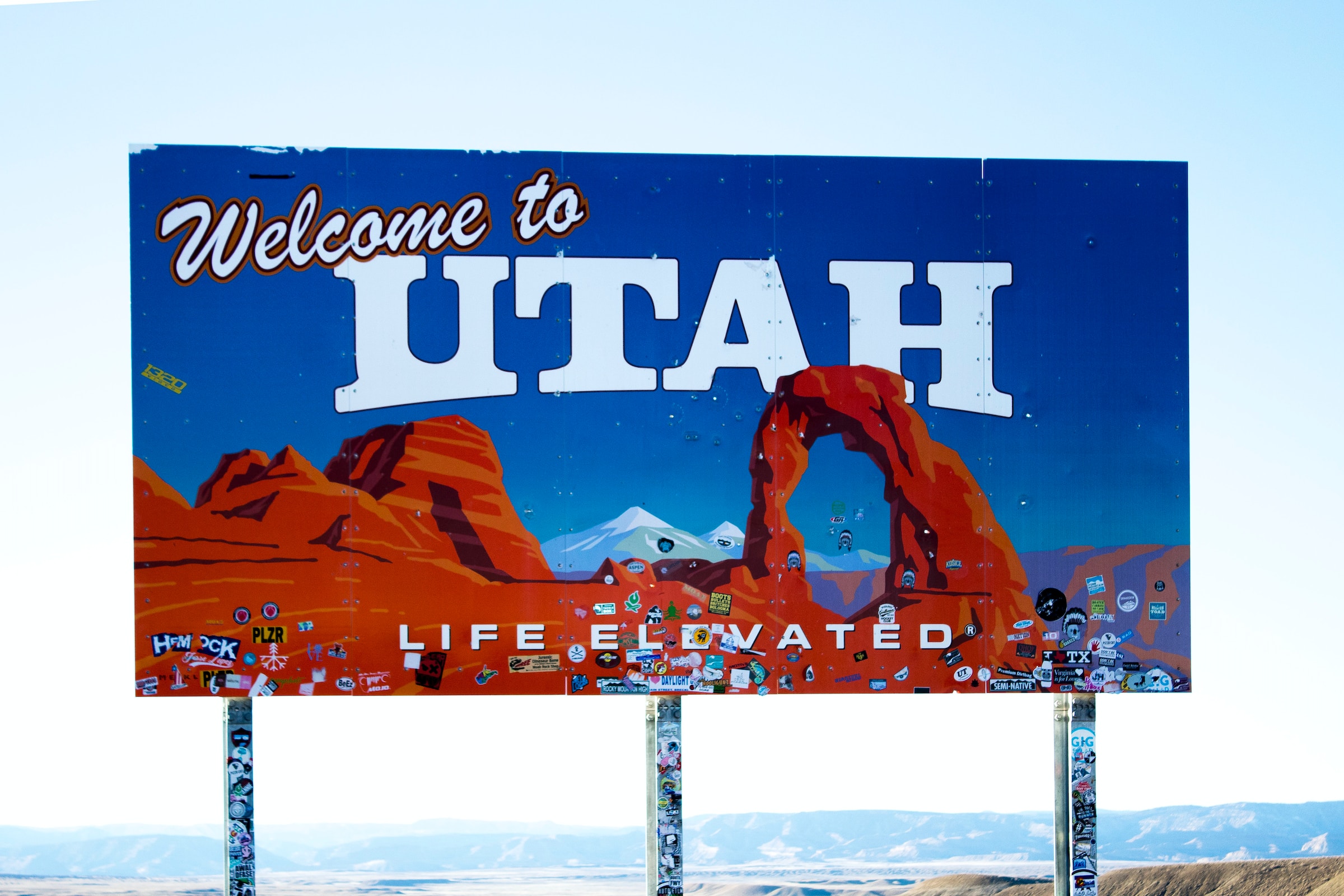
Is kratom legal in Utah? You can rest easy knowing that it’s both legal and regulated, but it still pays to do your research when you buy kratom in Utah. Even in the regulated market, product quality can vary across brands. At The Kratom Company, we’re committed to offering kratom that’s not only natural but also expertly harvested and ethically sourced. We developed our brand with the goal of giving you a higher-quality product that’s 100% pure and noticeably higher in quality than what you’re used to.
In addition, we offer free same-day shipping and top-notch customer service throughout the United States (wherever kratom is legal). Explore the full selection of premium products at The Kratom Company, and buy kratom online from an industry leader.
Featured Products
-
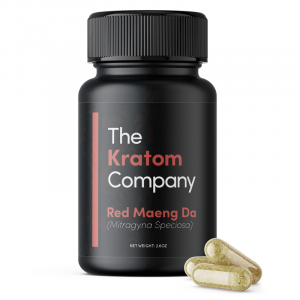 From $24.00Select options This product has multiple variants. The options may be chosen on the product page
From $24.00Select options This product has multiple variants. The options may be chosen on the product page -
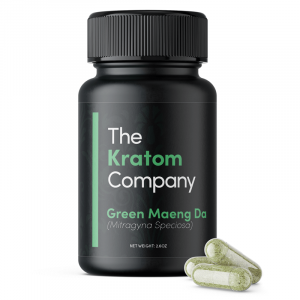 From $24.00Select options This product has multiple variants. The options may be chosen on the product page
From $24.00Select options This product has multiple variants. The options may be chosen on the product page -
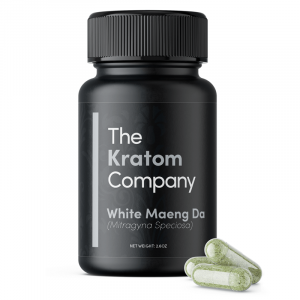 From $24.00Select options This product has multiple variants. The options may be chosen on the product page
From $24.00Select options This product has multiple variants. The options may be chosen on the product page
Explore More Posts
Product Search
Featured Products
-
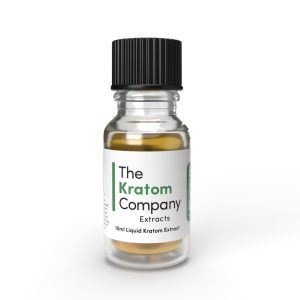 Pure Kratom Liquid Extract
Rated 4.72 out of 5From $20.00
Pure Kratom Liquid Extract
Rated 4.72 out of 5From $20.00 -
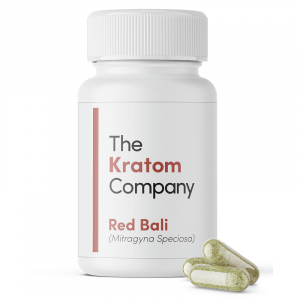 Red Vein Bali Kratom Capsules
Rated 4.70 out of 5From $24.00
Red Vein Bali Kratom Capsules
Rated 4.70 out of 5From $24.00 -
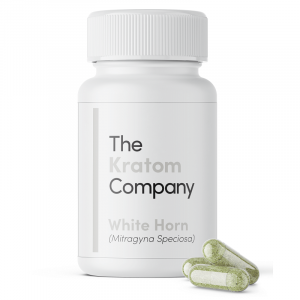 White Horn Kratom Capsules
Rated 4.88 out of 5From $24.00
White Horn Kratom Capsules
Rated 4.88 out of 5From $24.00
Follow Us
Strains
Blogs
NEWSLETTER
Sign up for our newsletter!

These statements and products presented on this website have not been evaluated by the Food and Drug Administration FDA. The products mentioned on this website are not intended to diagnose, prevent, treat or cure any diseases or health conditions. Therefore any information on this website is presented solely as the opinions of their respective authors who do not claim in any way shape or form to be medical professionals providing medical advice. The KRTM Company and its owners or employees cannot be held responsible for, and will not be liable for the inaccuracy or application of any information whatsoever herein provided. By purchasing our products you agree that you are aware and in compliance with your local county, state, or federal regulations. Must be 21 years or older to purchase Kratom. The US FDA has not approved kratom as a dietary supplement. We do not ship to the following states, cities and counties in the US where Kratom is banned: Alabama, Arkansas, Indiana, Rhode Island, Vermont, Wisconsin, Sarasota County, FL, Union County, MS, Denver, CO, San Diego, CA, and Jerseyville, IL.

